One of my biggest regrets is that I didn’t take down more of my mother’s stories before her slide into dementia accelerated. I would have liked to know more about her brief engagement to a Vietnamese diplomat, or the time she visited Benidorm when it only had two hotels, or what more she could tell me about her older brother who was killed in the war.
That’s why I was fascinated to meet David Clegg, the man behind an inspirational project dedicated to collecting the life stories of people with dementia. His Trebus Project has collected a huge range of stories, some of which have been published in two books and collected on a record and some of which have formed the basis for a Radio 4 series, produced by Paul Whitehouse and Charlie Higson. He’s now working on a short film.
It is estimated that over the next decade, the number of people with dementia will hit one million and today the prime minister is due to launch a “national challenge” on the illness, describing it as a “scandal” that the UK has not done more to address dementia. The cost to UK society is estimated at £23bn.
The prime minister is due to announce a major funding boost for dementia research, reaching £66m by 2015, from £26.6m 2010. He is due to say that “the quiet crisis” is one that “steals lives and tears at the hearts of families”
David Clegg’s Trebus Project is about revealing the fascinating and rich histories of people with dementia; it is about celebrating the lives that appear to have been lost.
Trebus began after Clegg closed down the art gallery he used to run and began working on art projects with care home residents. The very first person he met happened to be a woman with a fascinating tale to tell: she’d once been the girlfriend of the notorious acid bath murderer John Haigh.
“Nobody knew it,” he recalls. “They saw to her needs – it took two people to get her into a hoist for example, but they didn’t know anything about the fact that she was bohemian beyond belief. She would have given William Burroughs a run for his money – she’d hung around with Princess Margaret and made her way back from the south of France wearing only a fur coat and high heels.”
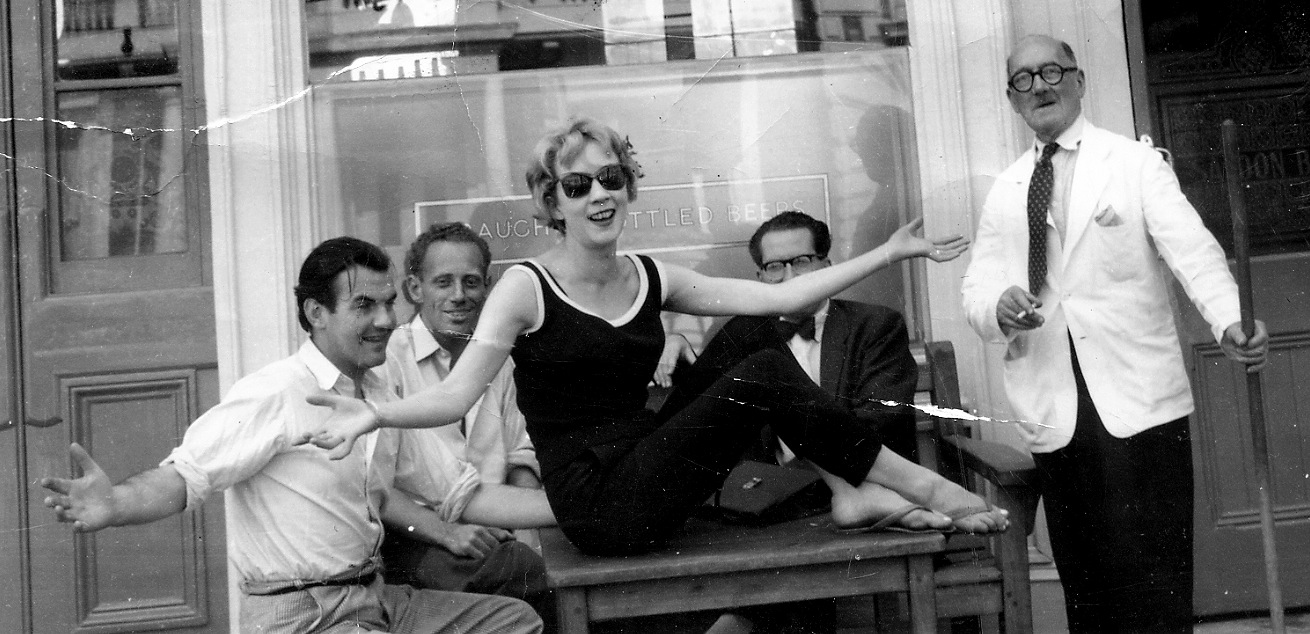
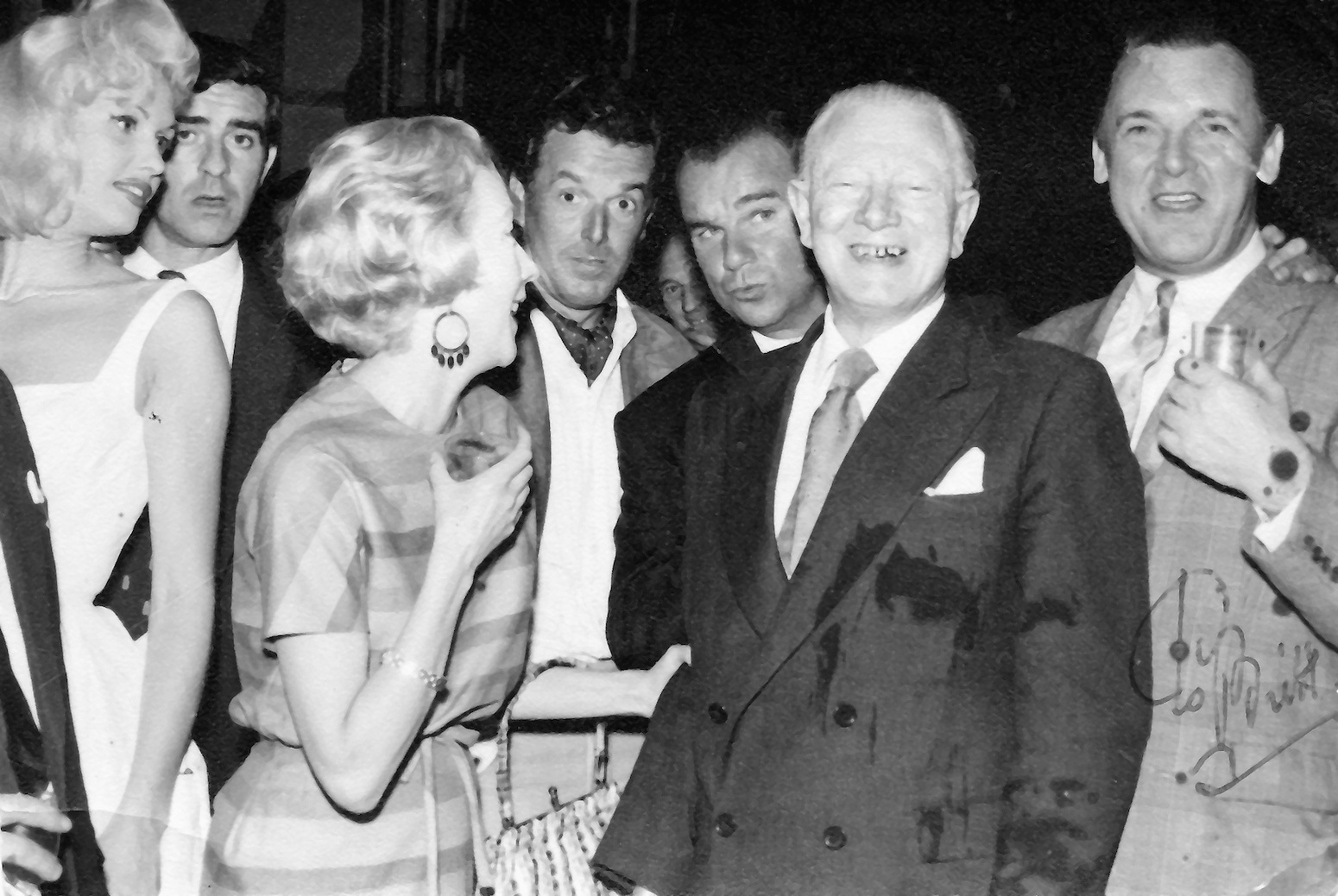
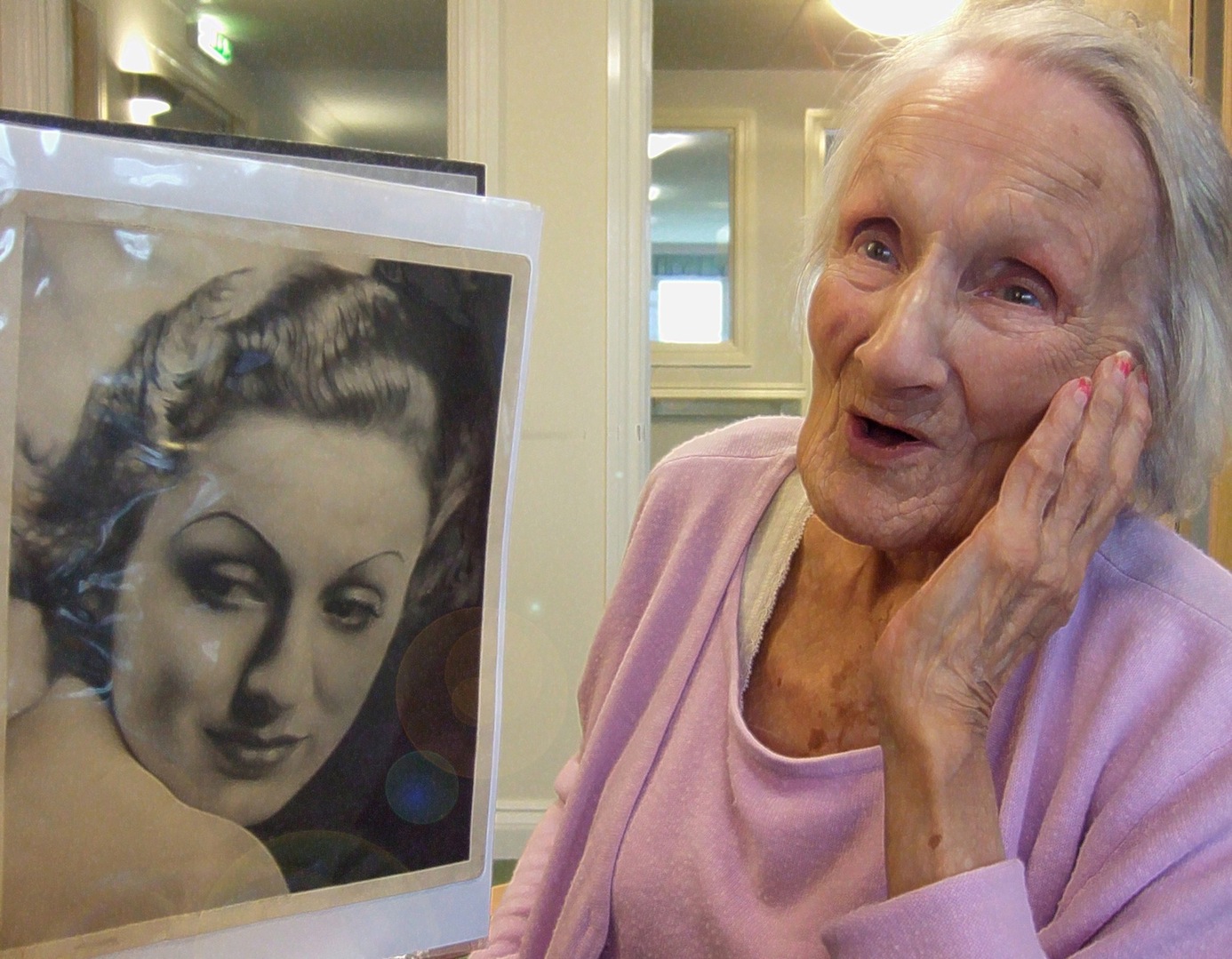
Clegg is full of anecdotes about the people he’s spoken to. One of my favourites comes from an elderly gay man, who remembered celebrating VE day in London. “I asked him: ‘Did you go to the Palace and see them on the balcony?'”, Clegg says. “He replied: ‘No I was in the toilets – I got off with seven soldiers that day and one more in the tube.’”
It’s a perfect illustration of Clegg’s point that far too often we try to sanitise the lives of people with dementia. “A person with dementia is presented as someone fading away, leached out, who’s a shadow,” he says. “But many of the people I’ve worked with are not shadows – they are trying to make sense of their lives in difficult circumstances. They are not any less as people – they can be as funny, vibrant, passionate and randy as they ever were.”
His is a refreshingly unsentimental view of dementia. “We need a new story on dementia. We either present it as a global epidemic or a tragedy,” he says. “But we have got to get the message across that these are people who were not always old, who have lived lives that were full and eventful. Sometimes we might disagree with what they did or the opinions they held but dementia care needs to grow up and embrace some of the complications.”
Clegg, who did a stint working as a carer to see what it was like, plays down talk of being an agitator for the human rights of people with dementia. “I go in and listen and keep coming back,” he simply says. But his project does shine a light on the appalling way older people can sometimes be treated.
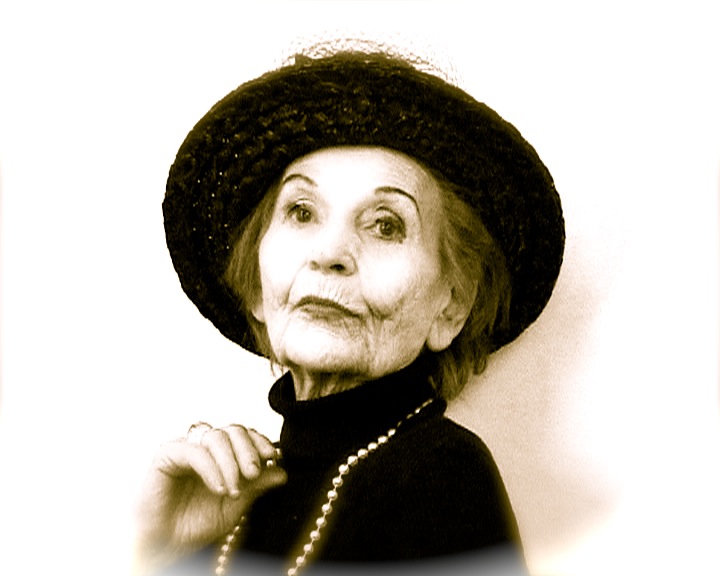
Take the story of John, a man with no living relatives, who when Clegg first saw him was lying on a bed staring at the ceiling, in a completely bare room without even a clock to mark the passage of time. When care home staff were asked by Clegg to bring him a clock they did – but then fixed it on the wall behind his head.
Clegg says the vast majority of care workers do their best, reserving his ire for the lack of resources to stimulate residents and the managers or directors who only want to fill their beds – and who have sometimes banned him from their premises because they were nervous about what he was doing.
His main motivation, he says is to collect words that would otherwise be lost. In the process, he is putting together something incredibly powerful: stories that are sometimes funny, sometimes moving, sometimes, as he recognises, almost like a Samuel Beckett play in their bleakness.
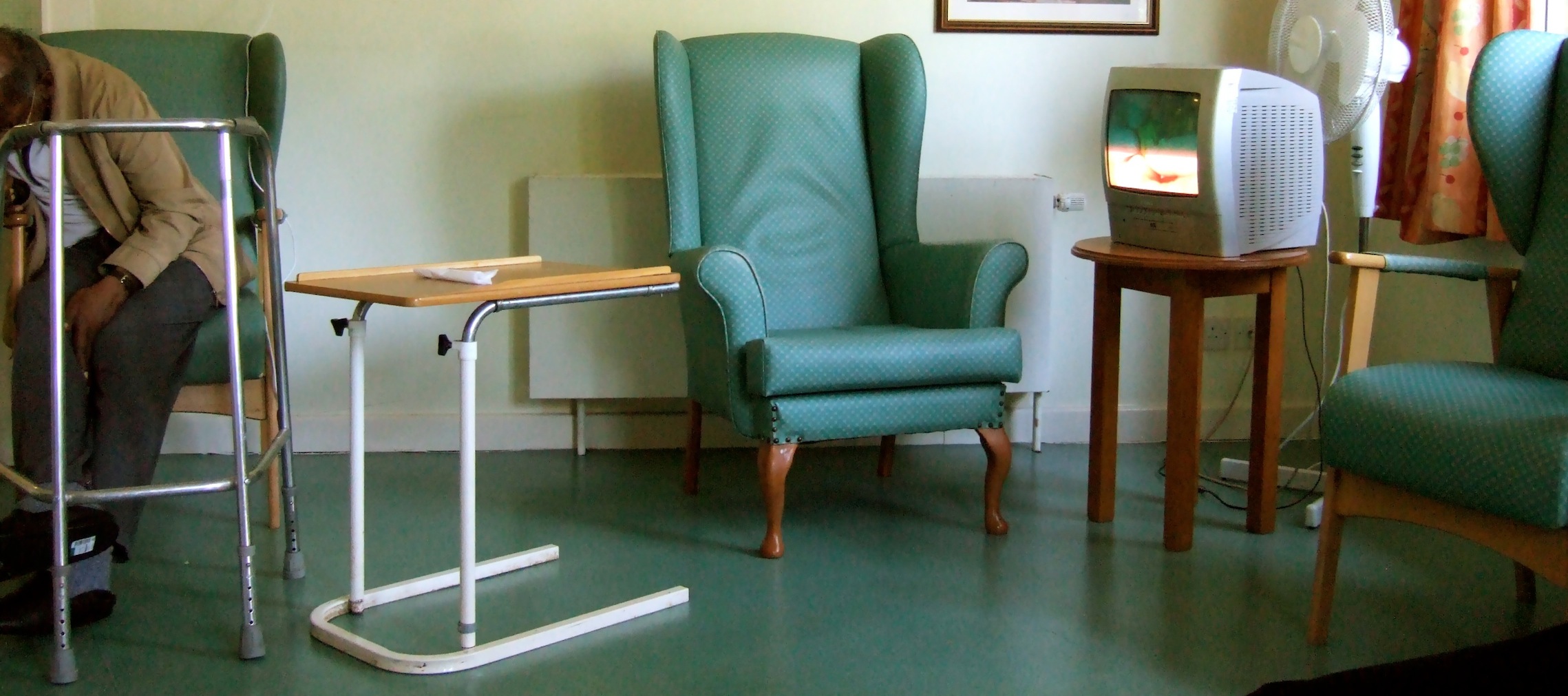
It also, says Alison Wray of Cardiff University, has very real benefits for the person with dementia, putting them at the centre of the process and allowing both them and their carers to reconnect with their identity. In Clegg’s recent work, he has been doing less editing to give the stories a traditional narrative structure. Instead they are presented as fragments. Says Clegg: “It can show what dementia is like from the inside.”
To buy the publications or to donate to support the work of the Trebus Project, go to the website or email information@trebusprojects.org
